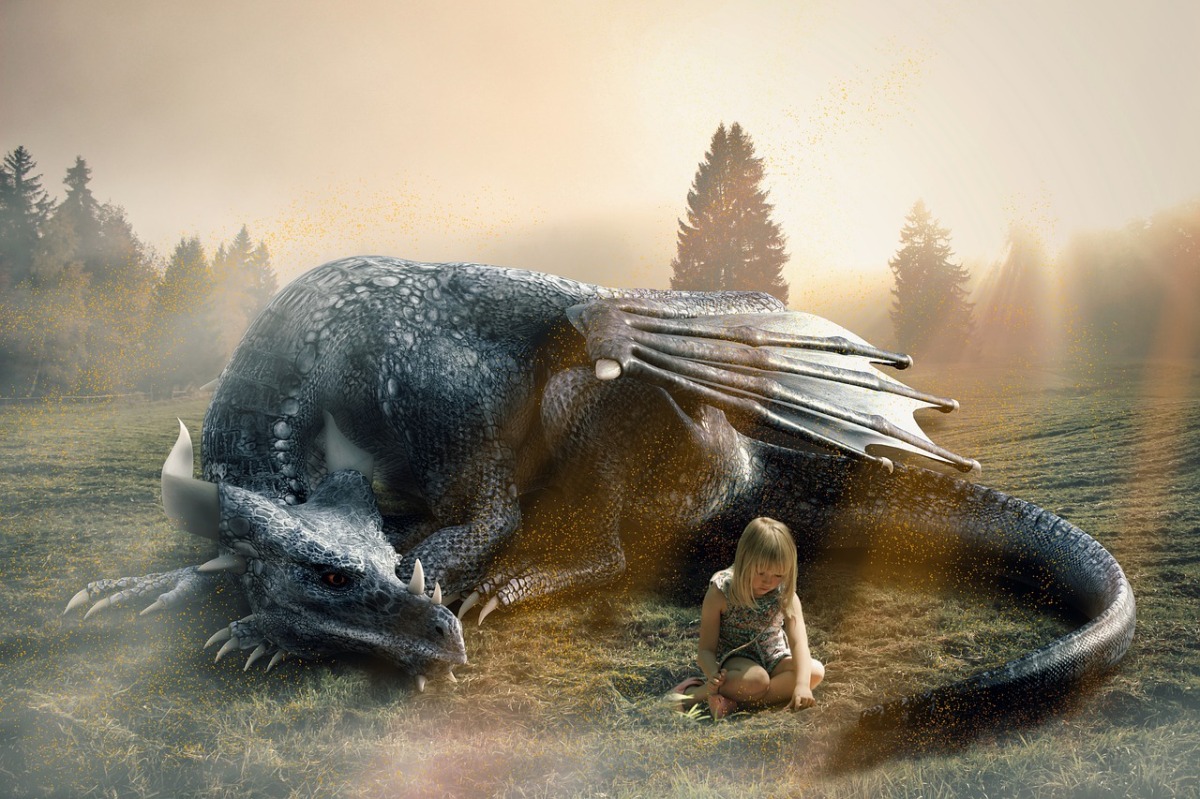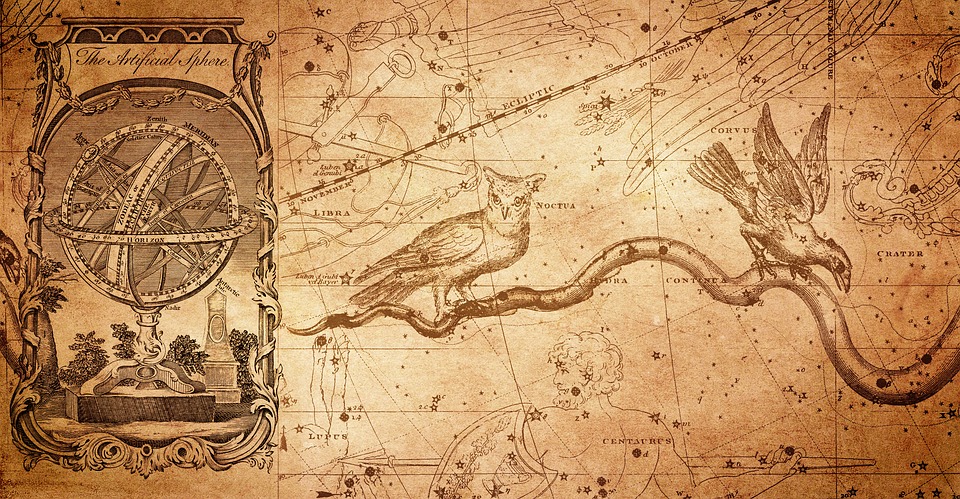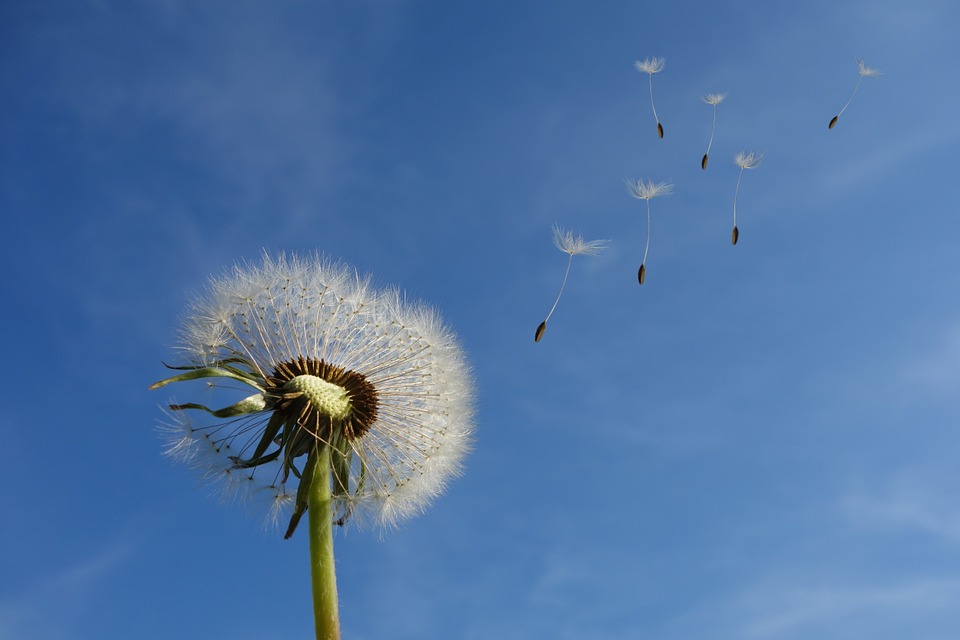Region: Greece, Rome
Time Period: Unknown
References in Literature:
Sources:Circle of the Dragon
Tag: Greece
Dragon of Boetia or Abas the Abominable
Region: Greece
Time Period: Unknown
References in Literature:
Sources: Fairrosa
Conium maculatum (Poison Hemlock)
by Anja Heij
In ancient Greece Poison Hemlock was a regularly used punishment for criminals. In 399 BC the great philosopher Socrates was killed this way; his crime consisted of teaching people to think for themselves – a great evil in old dictatorial Greece. Thanks to Plato’s documentation of this occurrence death by the poison beaker has made history. Drinking pure Poison Hemlock first gives dizziness, later on it causes paralysis starting in the feet and spreading upwards, and it becomes lethal when the paralysis reaches the breathing muscles. This is one of the many sad stories on planet Earth, but it gives us insight in the nature of the homeopathic healing Conium.
Gortys
by Dr Alena Trckova-Flamee Ph.D.
In mythical genealogy Gortys is mentioned as the great-grandson of King Arcas, the ruler of Arcadia at the centre of Peloponnese and who gave his name to this beautiful region. According to Pausanias, Arcas divided his kingdom between his three sons. Elatos, the grandfather of Gortys, took a piece of land with the mountains Cyllena (Mt. Killini) at the western part of Peloponnese. He was also the founder of the city of Elateia in Phocis, located in central Greece. Elatos’ son and father of Gortys, Stymfelos, was associated with the Peloponnesian places, namely with the town Stymfalia and even with a spring (named after him) outside this city.
Gods of the Winds
by Dr Alena Trckova-Flamee, Ph.D.
The Gods of the Winds appeared between the natural deities already in the Mycenaean Greece. A Priestess of the Winds was named on the Tablet from Mycenaean Knossos written in Linear Script B. Such function in the Knossos palace is giving us proof that the cult of the winds was an important one and that its deities existed there.




